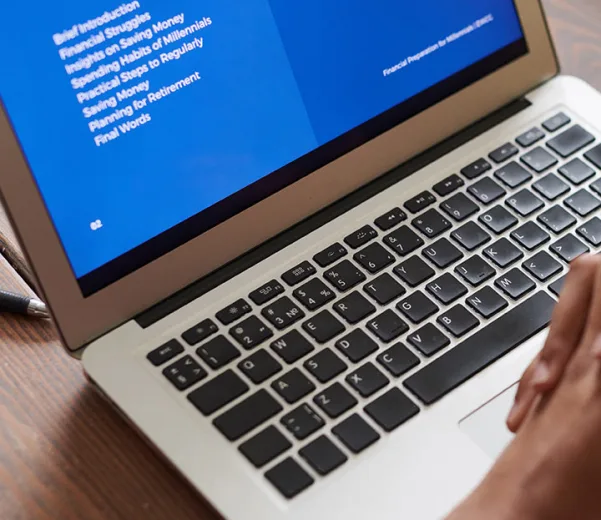HEALTHCARE SECTOR: protection of personal data and privacy
- Home
- HEALTHCARE SECTOR: protection of personal data and privacy
Continuity of health services
In the health sector, one of the most discussed issues is the anonymization of data.
With increasing digitization of medical information and the adoption of interconnected devices, cyber threats can endanger patient privacy, compromise clinical data, and disrupt health services.
It is essential to adopt a reliable cybersecurity platform to protect device data and ensure compliance with privacy regulations.
SGBox protects Device Data
SGBox platform provides multiple ways to protect the sensitive data:
Access control
Granular data access management, allowing only authorized personnel to view and edit relevant information. Implementing an authentication system and role-based access controls reduces the risk of unauthorized access.
Data encryption
Data encryption is a crucial element to protect medical information during transfer and storage. SGBox uses advanced encryption algorithms to ensure that data is unreadable to unauthorized persons.
Threats monitoring and detection
SGBox constantly monitors network activities and devices to identify abnormal behavior or potential attacks. Real-time threat detection helps you respond quickly and mitigate the effects of attacks.
Protection against device vulnerabilities
Cyberattacks in healthcare often target connected medical devices. SGBox identifies and fixes device vulnerabilities, ensuring they are protected from external intrusions.
Types of cyber attacks in the healthcare sector
The healthcare sector is particularly vulnerable to various types of cyber attacks, including:
Data breach
Attacks aimed at obtaining sensitive medical information can lead to the disclosure of patient data, resulting in a breach of privacy and potential security risks.
Ransomware
This type of attack encrypts data and demands a ransom to restore access. Attackers can take critical health information hostage, jeopardizing continuity of care.
Phishing
Attackers may send fraudulent emails or messages to trick healthcare personnel into revealing login credentials or installing malware.
Attacks on health infrastructure
Targeted attacks on critical infrastructure, such as hospital management systems or networks, can disrupt services and compromise the quality of care.




